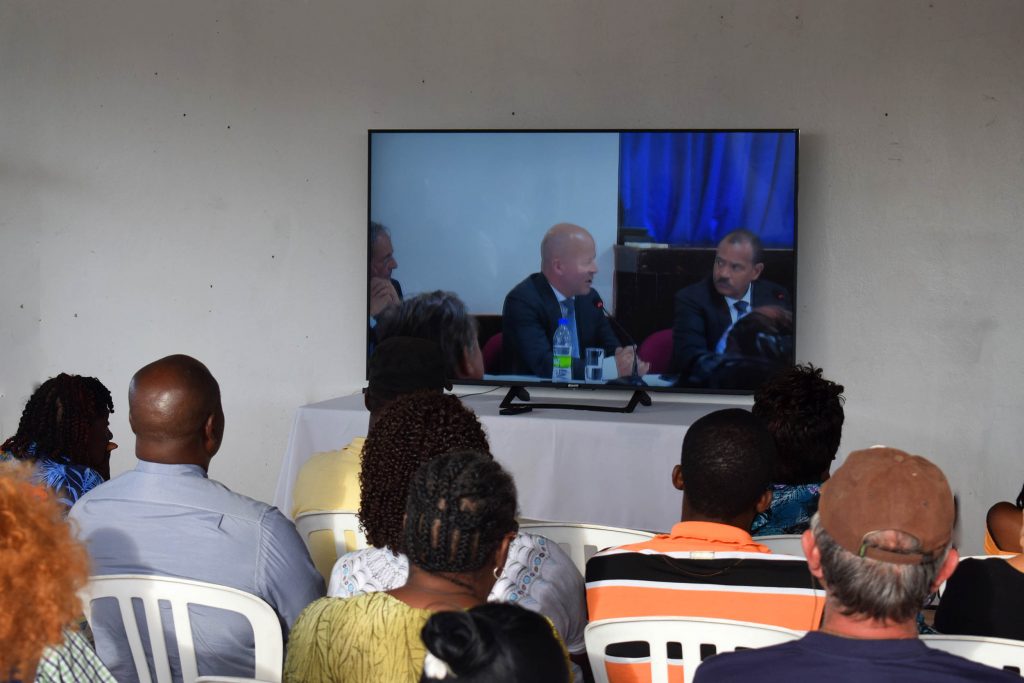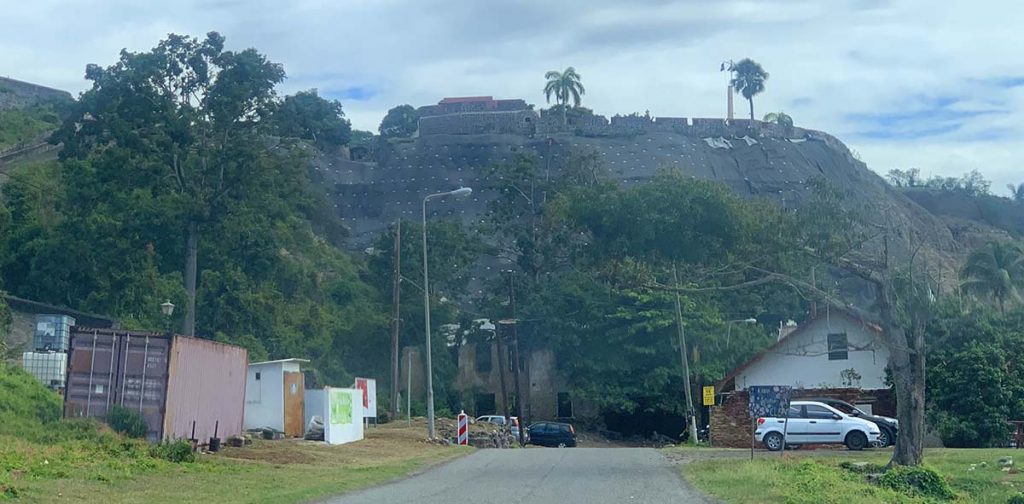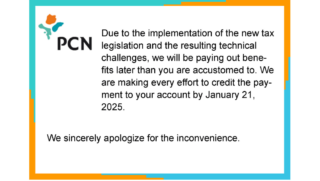Three major steps still needed for return to Democarcy on St. Eustatius
ORANJESTAD – State Secretary for Kingdom Affairs, Alexandra van Huffelen says that there are still three major steps to be taken on St. Eustatius. “Firstly, the island will receive Commissioners back in the second half of this year. Then there will be elections.” The third step concerns the return of the budget right to the public entity. The Netherlands and St. Eustatius are still discussing this.
Journalist Dick Draijer in an article published on www.bonaire.nu writes that the ‘special municipality’ St. Eustatius is taking these steps to gradually return to full Democracy. The Netherlands took over Local Government in 2018 due to major arrears and administrative insolvency. At the same time, the island hopes for more involvement from the Netherlands
Quite a lot of things were missing on The Public Entity of St. Eustatius, as can be read in the report ‘Proximity or Distance, a world of difference’. Politically, there was no cooperation in the island. Policy was not implemented in accordance with the agreements and the financial management showed major defects. Roads were not built and (besides the three roads built by the Netherlands) are especially good for the accessibility of government buildings.
Island councilor Koos Sneek (independent, soon CDA) says that road construction was previously not possible due to the lack of resources. Regulations were hardly enforced. The maintenance of cemeteries, monuments – in fact everything that a local government should do – also faltered. Financially it was a big mess. There is not yet an auditor’s report.
The Netherlands took over the administration of Sint Eustatius four years ago in a sort of ‘Article 12 procedure’, which takes away authority from local Governments and substitutes them with a higher supervision by Central Government. In this case, local Commissioners were replaced with Government Commissioners appointed by The Hague. “It was a tough decision”, State Secretary Alexandra van Huffelen says in the new issue of Binnenlands Bestuur.

No powers
The very beginning of the restoration of democracy took place in October 2020 with the elections of the Island Council, but that Council, which is still in its term of office, has no powers yet. The Council can only say ‘yes’ to proposals and advise on policy.
Although the backlogs in work and maintenance could easily be seen by everyone, they were (and still are, editor) difficult to prove or to measure. Contrary to promises made when Saba, Sint Eustatius and Bonaire became special municipalities on October 10, 2010, the Netherlands did not executed a baseline measurement (nul-meting) to measure exactly how large these arrears were.
This still causes frustration on the islands, because the backlog is huge. Incidentally, the cabinet is now investing an extra thirty million euros annually in the islands. ‘They are just starting to do that now’, island councilor Koos Sneek says.
There are also disadvantages in local government. Extensive mediation has taken place on Sint Eustatius to ensure that the island councilors and the government commissioners who now manage Statia on behalf of the Netherlands can work together for the common good. Incidentally, Sneek states that the mediation report between the council and government commissioners is very critical of the management of the Netherlands.

Local Ordinances
The nearly eighty local ordinances have now been updated, five of which are still awaiting the decision of the Island Council, although it can now only say ‘yes’ or ‘yes’. The council grumbles a bit about the last five, so can be heard, but Government Commissioner Alida Francis wants the Island Council to take their own responsibility.
At the same time, the path taken to democracy does not mean that all problems have been solved. After five years of intervention by the Netherlands, there is still work to be done on a robust organization with Civil Servants who do their job well and enforce the rules, for example.
The island secretary has to speak about the ins-and-outs of this robust organization, but both the island secretary and the deputy are ill during the visit of the Home Office and cannot answer questions, not even by email.
A major problem in terms of enforcement is, for example, the roaming animals. Goats endanger Fort Oranje. The cliff on which Oranjestad and Fort Oranje lie is partly covered with mats to prevent debris from falling down. There are only a few trees left. The rest has been eaten bare by the goats. The erosion takes about a meter off the cliff every year, Francis says. The edge comes closer to the fortress. She estimates the cost of refurbishing the cliff at about 200 million euros. However, State Secretary Van Huffelen first wants the population to solve the problems with the goats.
Robust organization
Francis is now working on a sound, robust organization, but the work in that robust organization on St. Eustatius has to be done with the same people who previously left the work behind. Because an isolated Public Entity such as Sint Eustatius cannot just fly in staff from a neighboring municipality. The council cannot and will not fire people. Francis wants to put people in the right place through further schooling and training.
At the same time, Francis believes that the strength for Sint Eustatius also lies in working together with Saba, which is a ten-minute flight away, and Bonaire, 1,500 kilometers away. “These islands often face the same challenges”, says Francis. The Government Commissioner also wants to work closely with other municipalities and organizations from the Netherlands.
Five years
Island councilor Reuben Merkman of the Progressive Labor Party PLP on Statia thinks it is high time that the governance of St. Eustatius gradually transfers to the island council. The Dutch government has taken enough time. ‘Five years! What has the Netherlands achieved in that time?’
Councilman Sneek also feels the same way. He believes that the Netherlands should realize that it works differently on St. Eustatius than in the Netherlands. Statia is a small and isolated island where many people are related. ‘You meet someone here three times a day. If you then take a decision that the citizen is not happy with, you meet him three times a day with an angry face.’ That is different from favoritism, he believes.













